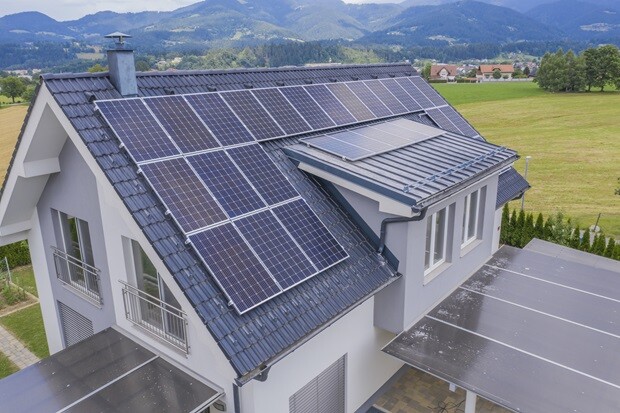In order to tap demand for increased renewable energy production in urban areas, Japanese chemical company Kaneka plans to triple its annual production capacity of solar panels that are integrated into the sides of buildings by 2030.
The firm informed that it has developed its building-integrated photovoltaics with major construction company Taisei. “The panels, which can be used in the place of windows or as exterior wall materials, consist of high-performance solar cells developed in-house that are sandwiched between panes of glass,”said the firm.
Kaneka has plans to boost the production capacity of its existing factory in Toyooka, Hyogo prefecture, in stages, and is also considering building a new factory. Further, the annual production will be tripled to 300,000 sq. meters by 2030.
As per the firm, the company’s current annual sales of solar panels, most of which are for residential use, are around 10 billion yen ($69 million). It also has plans to release multiple new products outside of those jointly developed with Taisei, aiming to increase sales of building-integrated panels alone to 10 billion yen by 2030.
It may be noted that Chinese manufacturers account for 70% of the world’s supply of solar panels. There are only a few Japanese players in the field — such as Kaneka, Choshu Industry and Sharp — but they are considered leaders in value-added products such as building-integrated panels.
Furthermore, the global market for building-integrated photovoltaics is expected to reach $54.8 billion by 2028, nearly triple the market in 2022, according to Indian research firm IMARC.

